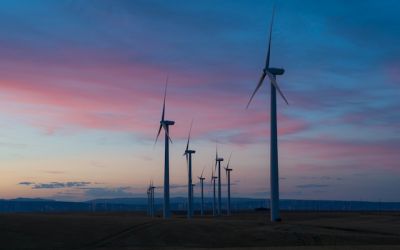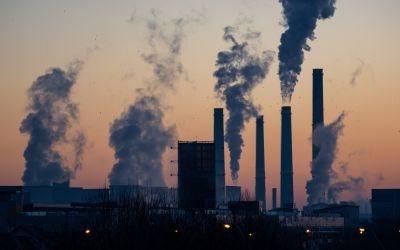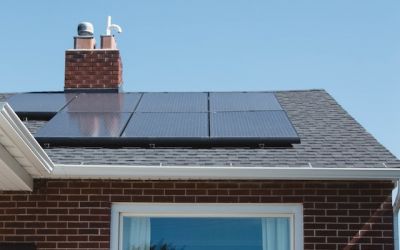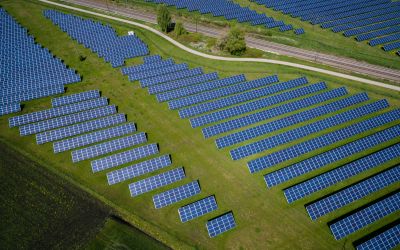Opening Remarks by UNEP Executive Director at the Opening Plenary of the Second UNEA
Since we gathered for UNEA-1, the environment has shifted from the margins of attention to the center of global decision making
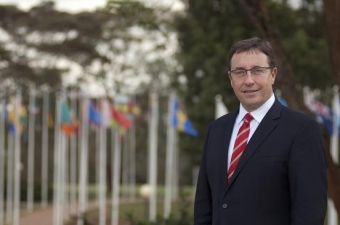
Welcome to Nairobi and the global headquarters of UNEP.
Since we gathered for UNEA-1, the environment has shifted from the margins of attention to the center of global decision making. It now runs through the entire 2030 Agenda for Sustainable Development and the Paris Agreement on Climate Change, establishing UNEA as the World Parliament for the Environment, which combines the only platform outside of the United Nations General Assembly to have universal representation with stakeholders and experts from the financial, legislative and scientific communities, NGOs and the private sector and reaffirms the importance of the interface between science, policy and action.
Holding the first-ever Science-Policy Forum immediately before UNEA solidifies one half of that, now we must focus on the other - the action. That means using this first global decision-making platform since the 2030 Agenda and Paris Agreement came into force, to review and accelerate progress.
The schedule of negotiations, debates and events is, therefore, ambitious, but I will focus on just three.
The first is the three-day Sustainable Innovation Symposium, because science and policy can direct our efforts, but only by integrating private sector efforts can we scale up the impact to deliver the sustainable development goals. So I want to thank all of our external partners for supporting this event.
The second is the launch of a new global campaign to end the illegal trade in wildlife, which UNEP is coordinating with UNDP, UNODC and CITES. I invite you all to join us for the launch on Wednesday to help mobilize millions of people take personal action to end illegal trade.
And third, is the mid-term review of the Montevideo Programme on Environmental Law. This builds on work at UNEA-1 and the World Environmental Law Congress in Rio a few weeks ago. I highlight it because the science and policies simply can't deliver action, if our governance can't adapt quickly enough and the judiciary can't enforce the rule of law. This is something I will say more about in the Policy Statement at the beginning of the High Level Session on Thursday.
Sponsored Content
Of course, there will be many other things happening throughout the week, including many new report launches. For example, a new report on the growing danger from plastic in our oceans is also reflected in sculptures around the compound and in the Maskbook exhibit on the upper concourse, which uses recycling to highlight climate change, air pollution and poverty - something we will support at the end of UNEA by donated all of the staging materials to schools and charities.
Those exhibitions are the only plastic water bottles around this year. Instead, water for delegates will be available in glass bottles at the kiosks and from the free fountains for refills.
And while these are visible signs of UNEA-2's environmental footprint, we are also taking care of our invisible impact, thanks to UNFCU, UNFCCC and ICAO, who have organized and purchased enough carbon credits to offset all of the greenhouse gas emissions from the event and the 2,000 participants.
Many of those participants, including some leaders of the 173 nations attending this year, have also contributed to a special edition of UNEP's Our Planet magazine. So I urge all of you to grab a copy to discover a different perspective for the 20 plus resolutions on the table this week.
But I will stop there, because we must use UNEA-2 to show we can move fast enough and hard enough to create a healthy planet, with healthy people, which leaves no one behind - which means less talk, more action.

